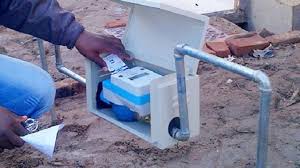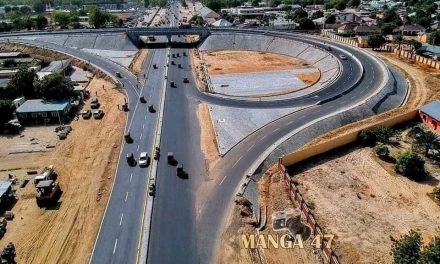By Cde Honest Vhurahombe
In true Zimbabwean fashion, where kombis that obey traffic rules during peak hours are mythical and power cuts have better attendance than ZESA technicians, the government has once again outdone itself.
This time, thirsty citizens are being told to pay for water before they see a single drop, if they ever do.
Yes, beloved true patriots, in the land where boreholes are more reliable than municipalities and “water shedding” is just another day ending in “-day,” the government is rolling out 600,000 prepaid water meters in Harare and beyond.
Never mind that for many, their taps have been dry since the days of the inclusive government.
The move, officials say, is to improve “revenue collection and water management.”
Critics say it’s more about hydrating the pockets of elites than hydrating the people.
“Imagine being asked to pay for a hamburger you haven’t seen, cooked by a chef who doesn’t exist, in a restaurant that burned down,” mused a Harare resident.
The contract, worth millions, was awarded without the courtesy of a tender to Chinese firm Hangzhou Liaison Technology Company and local outfit Helcraw Electrical—the latter owned by none other than ZANU PF MP Farai Jere.
Because if you’re going to privatise water, you might as well hydrate your comrades.
“No one consulted us,” said a visibly annoyed residents’ leader who preferred anonymity.
Residents’ leaders across the country are equally parched and perplexed.
“Prepaid meters in high-density areas? For what?
“This is not only unjust—it’s exploitative. What’s next, prepaid air?” lamented another residents’ leader.
Perhaps most damning is the utter secrecy surrounding the contract terms.
One resident quipped, “Even ZEC vote counts are more transparent.”
To top it off, there’s historical precedent. The same meters were piloted in Kambuzuma and Sunningdale years ago—and flopped harder than a ZBC sitcom.
“This is not innovation,” a Sunningdale resident said. “This is déjà vu… just more expensive.”
As Zimbabwe edges toward commodifying yet another basic need, one wonders: will the next thing we prepay be sunshine?
In the meantime, residents are left with the cruel irony of being forced to prepay for a crisis they didn’t create.





